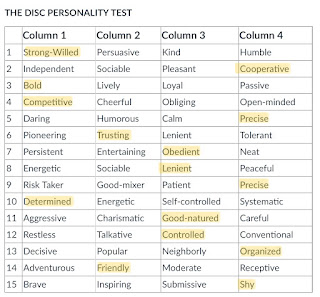Characteristics of Leadership
Identify examples of Nursing Role Activities for each of the following twelve (12) Characteristics of Leaders. An example is given for number 1.
1. Leadership requires personal mastery – Nurses demonstrate leadership when they show competence and mastery in the tasks they perform. Nurses are deemed competent by means of a license to practice nursing (NLN 2010).
2. Leadership is about values – Nurses demonstrate leadership when they have good values. “Nursing values are fundamental to the practice of nursing. They guide standards for action, provide a framework for evaluating behaviour and influence practice decisions” (Kenny, 2002).
3. Leadership is about service – Nurses demonstrate leadership when they serve their patients and the people they work with.
4. Leadership is about people and relationships – Nurses demonstrate leadership when they build good, professional relationships with their patients and the people they work with.
5. Leadership is contextual – Nurses demonstrate leadership when they adjust their work depending on the the context of their patient and coworkers needs.
6. Leadership is about the management of meaning – Nurses demonstrate leadership when they have good communication with their patients (as well as their family) and coworkers. Nurses must be clear in their communications and meaning, especially when giving report to the nurse following them and to physicians.
7. Leadership is about balance – Nurses demonstrate leadership when they fulfill roles and assignments. Working as a team will bring balance to their nursing unit and allow them to give better quality of care.
8. Leadership is about continuous learning and improvement – Nurses demonstrate leadership when they have yearly skills pass offs, orientations, recertifications, and learning modules.
9. Leadership is about effective decision making – Nurses demonstrate leadership when they use critical thinking in their work and assessments. This critical thinking can help nurses make decisions of care and interventions for their patients.
10. Leadership is a political process – Nurses demonstrate leadership when applying and interviewing for leadership positions and professionally networking within their unit.
11. Leadership is about modeling – Nurses demonstrate leadership when orienting new employees to the unit and when letting student nurses shadow them.
12. Leadership is about integrity - Nurses demonstrate leadership by charting correct information and reporting when mistakes are made.
References
Kenny G. (2002). The importance of nursing values in interprofessional collaboration. British journal of nursing (Mark Allen Publishing), 11(1), 65–68. https://doi.org/10.12968/bjon.2002.11.1.9328

Comments
Post a Comment